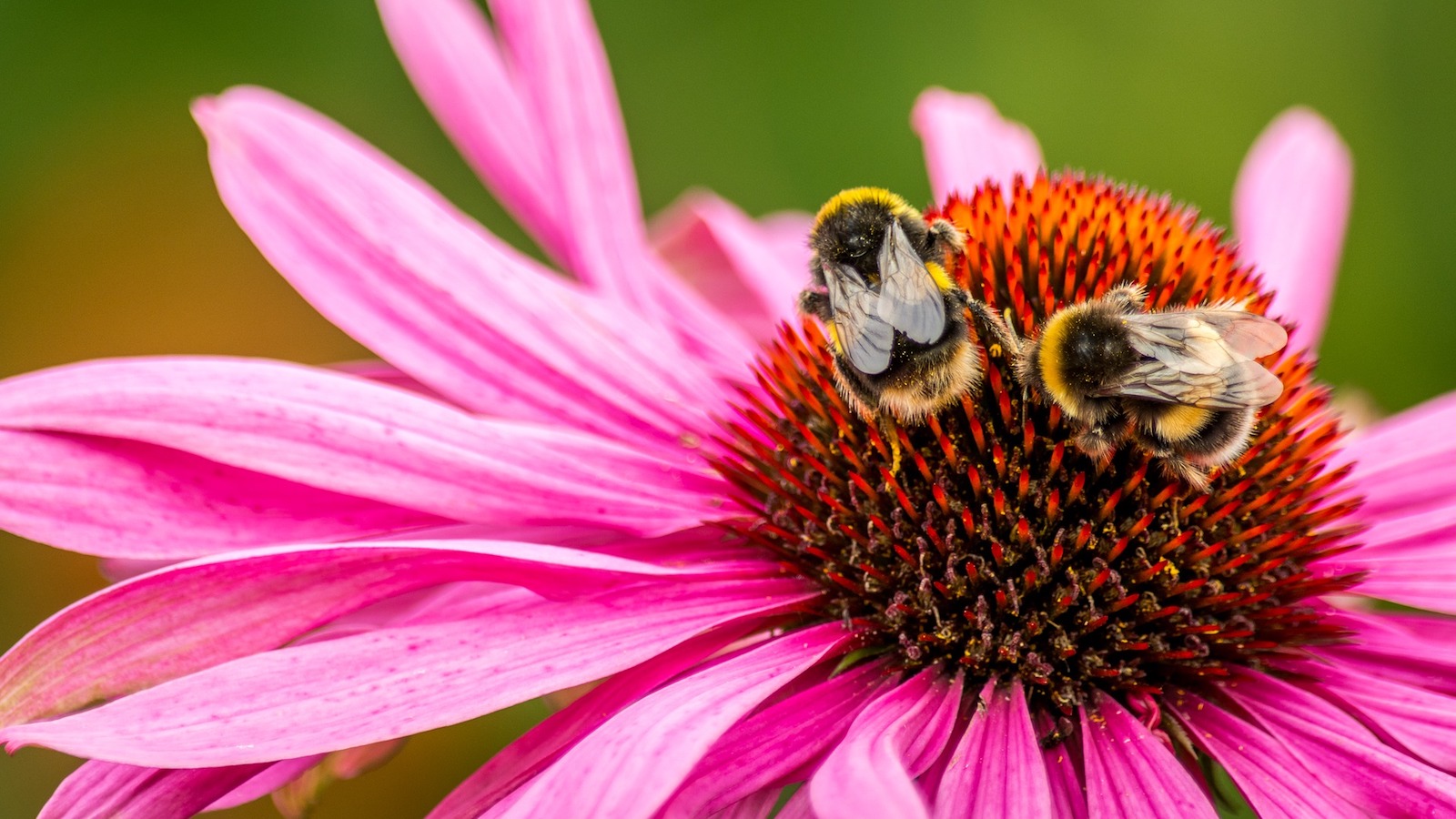
3 ways neonic pesticides are harming bees
Neonicotinoid pesticides are called “bee-killing pesticides” for a reason. But what exactly do they do to bees?
We are working to save the bees - from asking Amazon to stop selling bee-killing pesticides to sharing bee-friendly garden tips - and you can help.
Bees play a crucial role in our lives. But as our society uses more pesticides, their populations are plummeting. Fortunately, we know how to help them: protecting already-existing bee habitat, expanding habitat by planting pollinator-friendly plants in our own gardens and on public lands, and ending the worst uses of the pesticides that are killing them. Together, we can save the bees.
Neonicotinoid pesticides are called “bee-killing pesticides” for a reason. But what exactly do they do to bees?
TAKE ACTION
Learn more about the ways our world relies on bees.
Supporting Environment Colorado is the very best way we can reverse environmental deterioration and improve the quality of our many treasured state resources including water, air, farmland and incomparable natural wonders.Tim and Julie Walsh, Members, Environment Colorado
The past year saw significant progress for our environment — and your support helped make it possible.
Last year was one of the deadliest on record for bees. By donating to our Year-End Drive, you can help support our Save the Bees campaign in the months ahead.
Here are 10 examples of how our advocates won positive results for the public and the planet in 2023.
A glance at PIRG's, Environment America's plans to serve the public interest in the new year
Senior Director, Conservation America Campaign, Environment America
Managing Director, Frontier Group; Senior Vice President, The Public Interest Network
